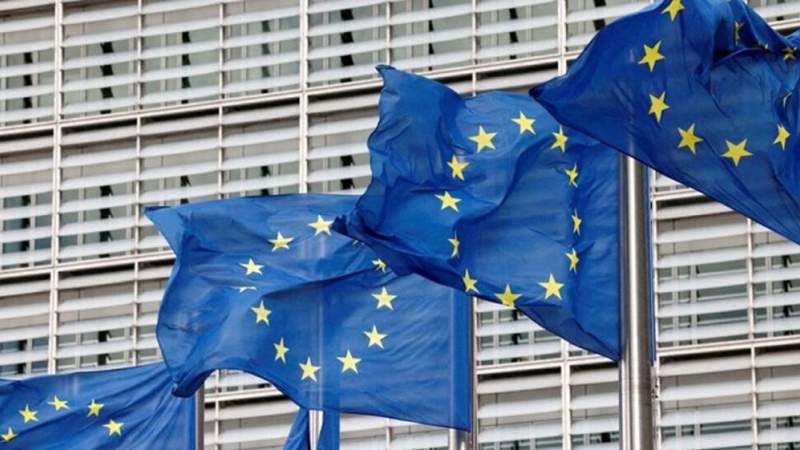Split in European Union Deepening on Gas Price Cap

News - World: Six European Union countries, including Germany and the Netherlands, have warned they cannot accept attempts by other member states to further lower the level the EU has proposed as the cap on gas prices.
The group on Thursday laid out red lines on the proposed limit, which countries expect to approve at an upcoming meeting of energy ministers in Brussels.
“We are concerned by the lowering of the figures. The figures of the [gas price cap] ceiling and the triggers cannot be lowered any further or replaced,” ambassadors from the six countries said in an email to the Czech Republic, which holds the rotating presidency of the trade union.
The six states, which also include Austria, Denmark, Estonia and Luxembourg, warned limiting prices would disrupt the normal functioning of Europe's energy market and make it harder to buy fuel.
Last month, the European Commission proposed a price cap that would kick in if the front-month contract on the Dutch Title Transfer Facility exceeds 275 euros/MWh for two weeks and is also 58 euros higher than a Liquefied Natural Gas (LNG) reference price for 10 days.
Germany and the other cap skeptics also demanded stronger safeguards in case the price cap caused unintended consequences. They proposed “red light criteria” that would trigger an automatic suspension of the price cap in an emergency. But Belgium, Italy, Poland and Greece are among the countries seeking a far lower price limit than the one proposed by the Commission.
EU, Hungary spat over fuel shortage
Separately, the Commission on Thursday rejected accusations by Hungarian Prime Minister Viktor Orban's government that an EU oil price cap on Russian crude was responsible for a fuel shortage at its petrol stations. Commission spokesman Daniel Ferrie said the allegation makes "absolutely no sense."
The decision to put a cap on Russian oil exports at a level of $60 per barrel “has no impact on Hungary's ability to import oil via its pipeline, as the cap applies only to seaborne oil,” Ferrie said. Additional sanctions on Russia, on oil-derived products and refined oil, he said, “haven't entered into force yet, so there is no way whatsoever that EU sanctions are currently impacting supplies in Hungary.”
Hungarian media have shown images of long lines of panicked motorists trying to fill up at stations that were open. Many stations were closed for lack of fuel.
Hungary's energy company MOL said the fuel supply situation was “critical” and caused by a 30-percent drop in imported fuel as well as maintenance at one of its refineries.
Budapest, which has the closest relations with the Kremlin of any EU country, is currently locked in a fraught blame game over billions in EU funds frozen for Hungary, which has responded by blocking the EU’s financial assistance to Ukraine.
The EU and the Group of Seven industrialized nations have agreed on the $60-per-barrel price cap on Russian oil imports in an alleged attempt to starve Russia's ongoing military campaign in Ukraine.
Speaking during a telephone conversation with Iraqi Prime Minister Mohammed Shia al-Sudani last month, Russian President Vladimir Putin said “such actions are contrary to the principles of market relations and are highly likely to lead to grave consequences for global energy markets.”
Source: Press TV
#EU #Gas Crisis About 2 years-
03:51
Several killed, injured as Israeli warplanes strike journalists' vehicle in front of al-Awda Hospital, Gaza
06:10
Armed Forces: We confirm that our operations will not stop until the aggression on Gaza ends, the blockade is lifted.
06:10
Armed Forces: We will continue to support and stand by the oppressed Palestinian people.
06:10
Armed Forces: The two operations are a victory for the oppression of the Palestinian people, their fighters, response to the massacres against our brothers in Gaza, as part of the 5th phase.
06:10
Armed Forces: The two operations were carried out using drones and successfully achieved their objectives





